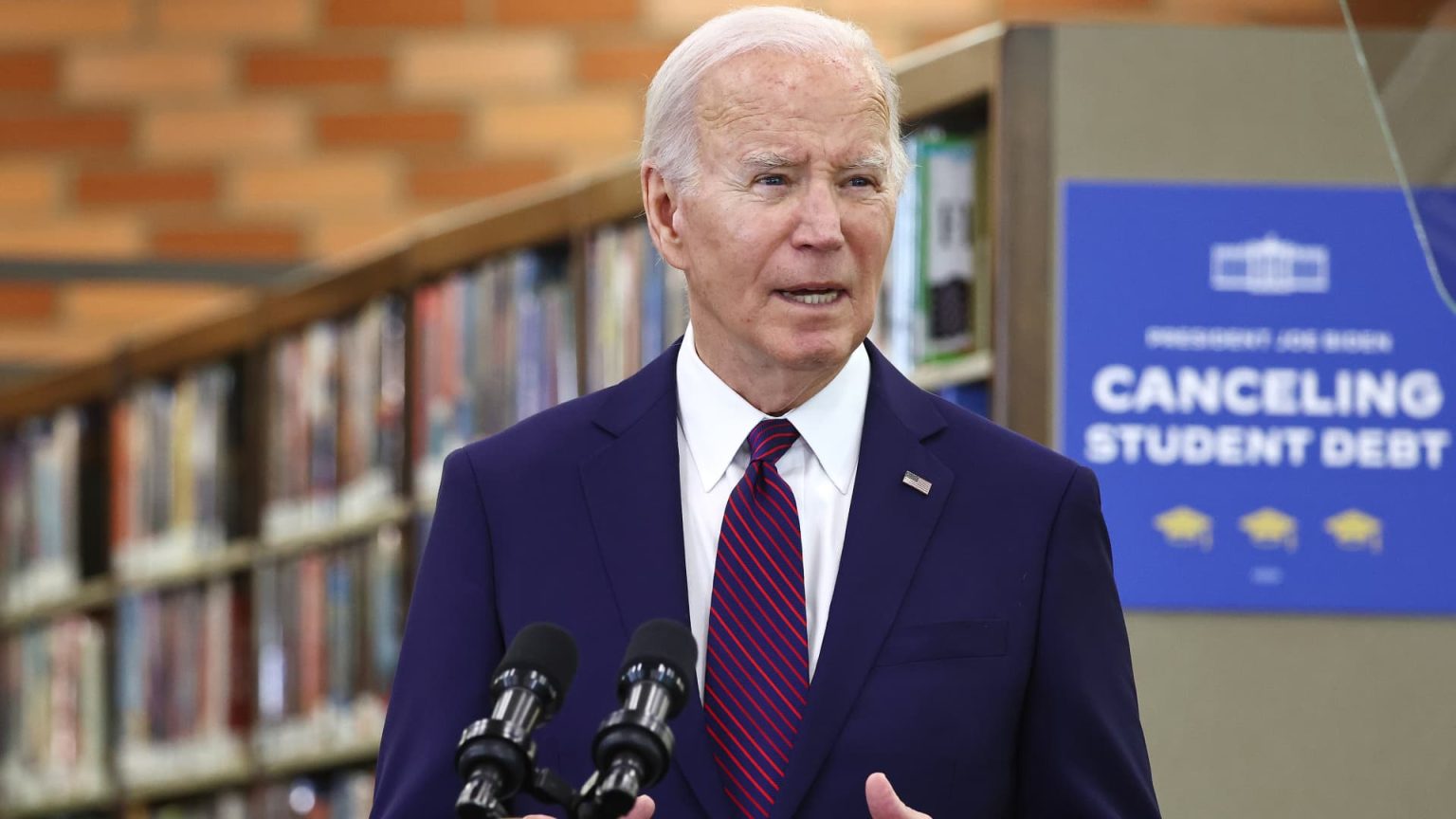The Biden administration has proposed a more targeted student loan forgiveness program aimed at specific groups of borrowers in order to increase the chances of the plan surviving legal challenges. The plan would forgive the debt of borrowers who are already eligible for existing debt cancellation programs but have not yet applied, borrowers who have been in repayment for 20 years or longer on undergraduate loans or 25 years on graduate loans, borrowers who attended schools of questionable value, and borrowers experiencing financial hardship. The definition of financial hardship is still unclear, but could include those burdened by high medical expenses or child-care costs. Additionally, borrowers would be eligible to have up to $20,000 of unpaid interest on their federal student debt forgiven, regardless of their income.
For critics of broad student loan forgiveness, Biden’s new plan raises concerns as it closely resembles his previous efforts. Missouri Attorney General Andrew Bailey, a Republican, criticized the president for attempting to bypass the Constitution with this updated relief program. Bailey and five other Republican-led states previously filed a lawsuit against Biden’s initial debt relief effort, arguing that the president exceeded his authority and that debt cancellation would negatively impact lenders. The conservative justices sided with the states in this case. Higher education expert Mark Kantrowitz predicts that once the new student loan forgiveness plan is officially released, there will likely be additional legal challenges.
Despite the skepticism from critics, the Biden administration hopes that the more targeted approach to student loan forgiveness will still benefit tens of millions of borrowers if the plan is able to withstand legal scrutiny. By focusing on specific groups of borrowers who are in financial distress or have attended low-quality educational institutions, the administration aims to provide much-needed relief to those who have been struggling with student loan debt for many years. The plan also includes provisions to forgive unpaid interest on federal student debt, which could provide significant financial relief to borrowers regardless of their income level.
The Biden administration’s decision to implement a more focused student loan forgiveness program may increase the likelihood of the plan being deemed constitutional in court. By narrowing the scope of eligibility to specific groups of borrowers rather than offering broad, across-the-board debt cancellation, the administration hopes to convince skeptical judges of the program’s legality. Legal experts like Luke Herrine from the University of Alabama believe that a more targeted approach could be easier to justify in front of a court that may have reservations about expansive government authority.
The new student loan forgiveness plan proposed by the Biden administration could potentially have a significant impact on borrowers who qualify for debt relief under the program. By forgiving debt for eligible borrowers who have been in repayment for many years or attended questionable institutions, the plan aims to provide financial relief to those who are struggling with student loan debt. In addition to debt forgiveness, borrowers could also receive assistance with unpaid interest on their federal student loans, offering additional relief to individuals burdened by high levels of debt. While the plan may face legal challenges from critics, the administration remains committed to providing support to borrowers in need of student loan relief.


